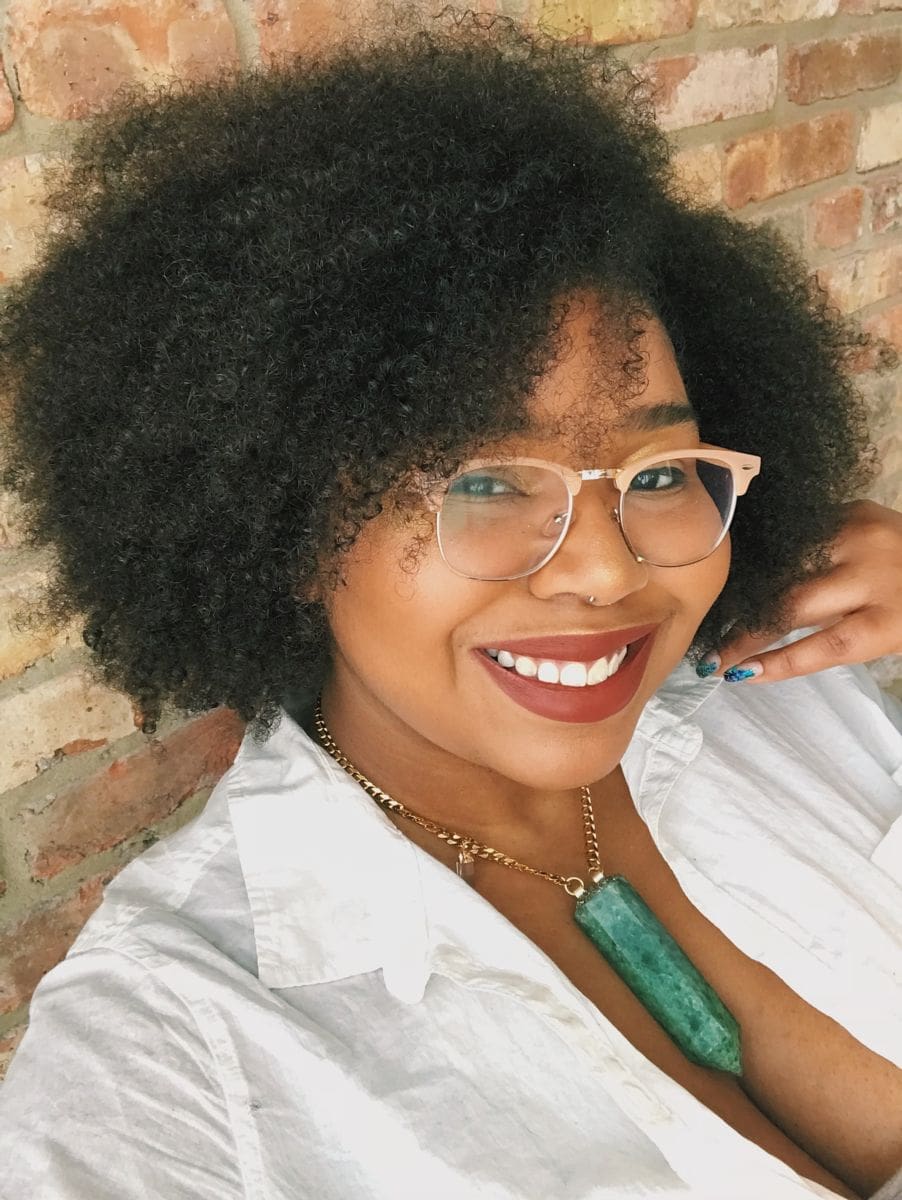 By Aisha N. Davis, Esq.
By Aisha N. Davis, Esq.
In the past month, the COVID-19 pandemic has led us into a new reality that we have never experienced, both here in Chicago and across the United States. However, one emerging trend is not novel – Black people and communities across the nation are being disproportionately impacted by pandemic hot spots and COVID-19 related deaths.
Systemic racism has led to poor health outcomes in Black communities in the United States since the inception of this nation. From the display and dismemberment of Saartje Baartman, to the Tuskegee syphilis experiments; from the exponentially disproportionate maternal mortality rates for Black women, to the discriminatory health care available in Black communities fighting to end the HIV epidemic, Black communities and Black bodies have borne the scars, diagnoses and pain of racism. And, with the reports of discrimination faced by Black celebrities, there is no option to buy your way out of this cycle of health disparities.
In Illinois, on April 7, there had been a total of 380 COVID-19 related deaths. Of those deaths, 163 were Black people. That means that Black people account for nearly 43 percent of COVID-19 related deaths in a state where we only make up about 15 percent of the total population. These numbers are not a coincidence, but the damning proof of the divestment in, discrimination towards, and disenfranchisement of Black communities.
This pandemic has forced those outside of our communities to come face-to-face with what we have known – when America catches a cold, Black people get pneumonia.
Responses and reactions from local, city, county and state agencies and actors that have begun and will continue in the coming days are welcome as we seek to slow the devastation ripping through our families, neighborhoods and communities. To be sure, we must all work together to address this pandemic. However, we cannot use this moment for temporary galvanization. For those that we have already lost, it is too late, but for the future generations of Black people in America, we will be charged with having continued the trend of ignoring the intentional suffering heaped upon Black communities if we fail to look beyond what is happening right now and address what has led to these statistics.
Yes, open hospitals to treat those currently suffering from COVID-19 – but do not shutter them when this pandemic ebbs. Track the numbers of diagnoses of the novel coronavirus – but also track the number of Black people experiencing homelessness who cannot shelter in place. Distribute information and resources about best practices – but remember those practices when we are not in the midst of a health care epidemic.
This call for resources, restructuring and respect is just the latest in a long refrain for Black advocates and other anti-racist advocates. In continuation of this tradition – and to vocalize the imperative need for expansive health equity – the AIDS Foundation of Chicago will be hosting Virtual Advocacy Day on April 29. That day, we will work with advocates, community members, and local and state representatives to not only communicate clear needs, but make direct asks for responsive action for Black communities and all people living with, and vulnerable to, HIV, both during and beyond the COVID-19 pandemic.
Black communities have always shown resiliency in the face of hatred, but we deserve a future where we are proven wrong about how much worse our health outcomes will be in relation to other communities. As we consider the best ways to address the effects of COVID-19 on Black Illinoisans, let us also plan for a future where these disparities do not exist.

